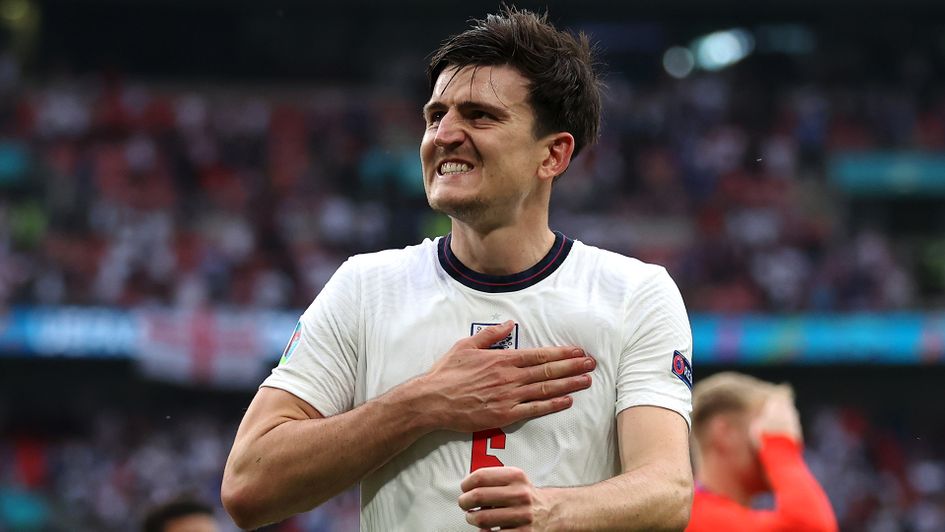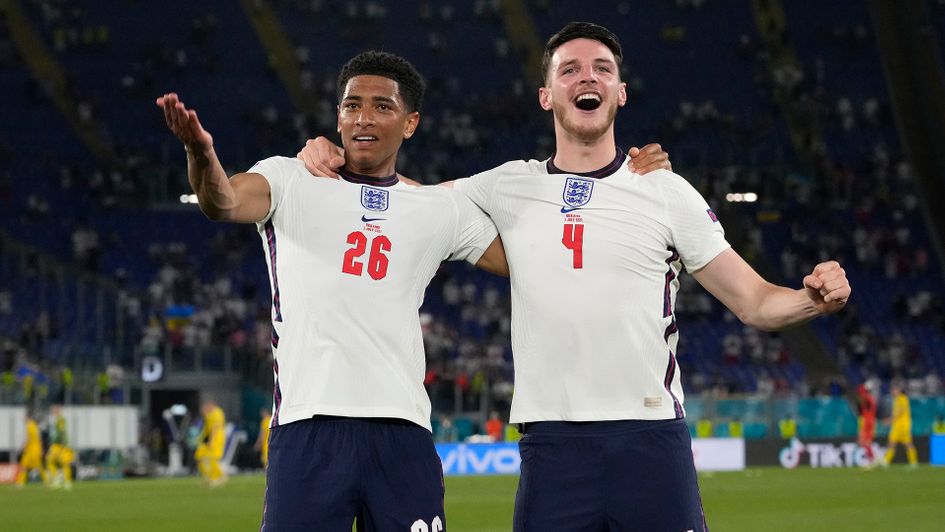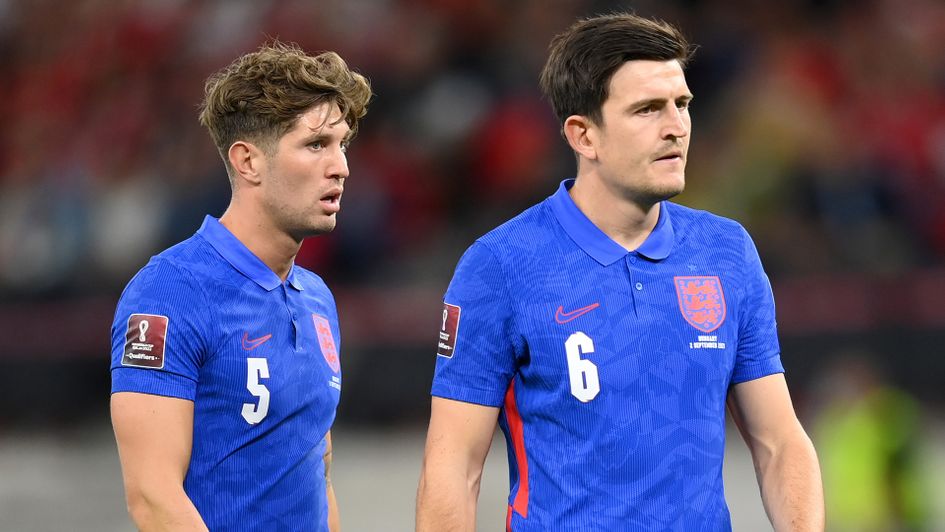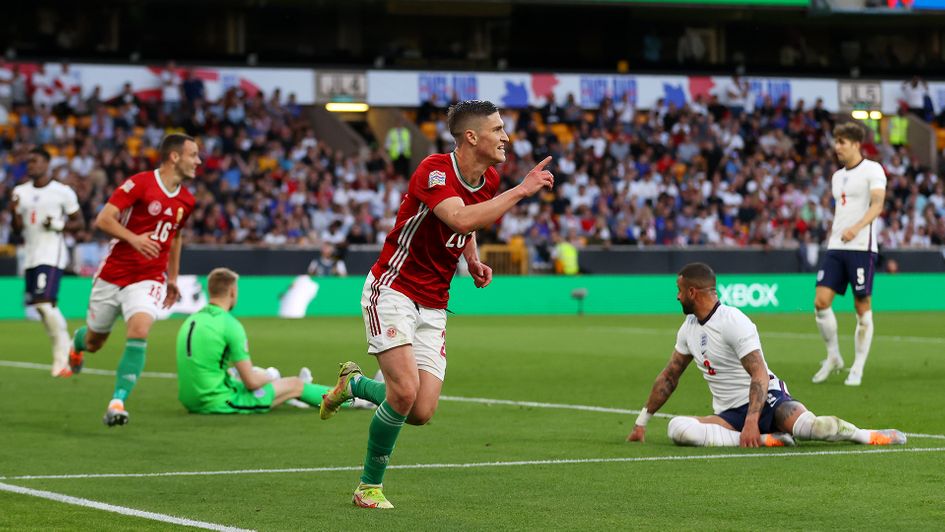Nobody feels ready for the World Cup.
It still hasn’t sunk in that Qatar 2022 will crash into the middle of the season; that football fans will soon be jostling for pub space with Christmas work dos.
Supporters aren’t ready and neither, it seems, are Gareth Southgate’s England.
Four consecutive games without victory is the country’s longest run since June 2014 (when Roy Hodgson’s team were chucked out of the group stages in Brazil) and their most recent result, a 4-0 defeat to Hungary, was their worst home defeat since 1928.
Preparation could scarcely be going any worse, and should England fail to beat either Italy or Germany this month Southgate will begin the World Cup off the back of Nations League relegation, mass fan unrest, and a dressing room drained of confidence.
Up until now he has made the ‘impossible job’ look easy. All of a sudden, the old hostilities - the febrile media, the toxic tendencies of the English – could come roaring back.
Tactical complaints overtaken by playing-time concerns
As ever, the tactical debate rages on.
Southgate’s reluctance to loosen the reins with a more dynamic and progressive setup has long frustrated onlookers who believe the manager’s conservatism is holding back an unusually creative and intelligent generation of English footballers.
The other side will point to exceptional results in the 2018 World Cup and 2020 European Championships to argue England’s defensive caution, which aligns with all 21st century title winners, reflects the absence of coaching time at international level and the need for pragmatism in gruelling knock-out rounds.

There is merit in both arguments and a compromise to be found somewhere in the middle.
In the 2-1 defeat to Croatia in the World Cup semi-final and the penalty-shootout defeat to Italy at Wembley, England took the lead only to gradually retreat as their opponent wrestled control of central midfield.
A cautious tactical setup took England all the way, but turning the dial ever so slightly towards ambition and adventure – towards ball-playing midfielders with their chests puffed out – would have got them over the line.
These are old arguments by now, well-worn and understood by even the most casual England supporter. But in 2022 a new dilemma has emerged that reflects the entrenched risk-averse mentality behind Southgate’s thinking: it would appear that sticking with his favourites, regardless of their club form, has finally caught up with him.
What starts as tactical pragmatism becomes resistance to change. What was once stoic self-assurance becomes stubbornness. What was portrayed as loyalty now looks like fear of evolution.

Harry Maguire, John Stones, Ben Chilwell, and Kalvin Phillips – 40% of Southgate’s outfield starting XI – are struggling to get game time at their respective clubs, while the same can be said, to a lesser extent, of Jordan Henderson, Jack Grealish, and Luke Shaw.
It is as if the club game has moved on and Southgate has not; the Premier League finding new stories and new in-form players while the England manager clings to the heroes of the past.
This the growing concern when it comes to Southgate’s selections in his two problem areas, central midfield and central defence.
Defence and midfield should be upgraded by now
The most glaring flaw is still in midfield, where it has become difficult to defend Southgate.
Assuming Phil Foden and Bukayo Saka are to be deployed in the forward line there are just five central midfielders selected in his latest 28-man squad, with excellent press-resistant technicians like Harvey Elliott, Conor Gallagher, and Ruben Loftus-Cheek all missing out.
Southgate has seemingly settled on a 4-2-3-1 these days – his one attempt to make England more progressive – but still the tendency is towards safety.

Jude Bellingham continues to be left on the bench but should be a regular starter, while Southgate picks Declan Rice and Philips (injured for the Nations League games) together when he ought to play with only one six.
Modern teams play with two eights either side of an anchor yet Southgate is deploying Mason Mount above a two, despite the dual eights formation being a more natural fit for the likes of Bellingham, Elliott, and even Mount.
Reconfiguring midfield, and refreshing the team by finally integrating the next generation, is a vital next step if England are to feel out tricky matches and control the swaying rhythms of intense knock-out football.
The back four is understandably more difficult to manage.
Consistency is important here, which is why the Maguire-Stones partnership has continued no matter their respective club form, and indeed until recently Southgate was regularly rewarded for this.

His reluctance to be moved by what happens between international windows has allowed players to feel refreshed upon entering the England camp, miraculously producing performances not seen since they last pulled on an England shirt.
That could still happen this weekend, and yet it seems increasingly clear that Maguire and Stones simply aren’t England’s best central defenders.
Fikayo Tomori, Serie A winner with AC Milan last season, has been overlooked for far too long, getting his first start in the last set of games – earning a clean sheet in the 0-0 draw with Italy.
Then there’s Ben White, left out of the squad entirely despite consistently strong performances for league-leaders Arsenal.
There is a reason Maguire and Stones aren’t playing every week in Manchester. They are not elite defenders – and Southgate has better options, if he could just let go of his favourites.
England’s problems may be exaggerated
But it is possible we are looking a little too closely at a poor run of form that can be explained away.
Hungary remain the only team to beat England over 90 minutes in the last 26 matches, and in both of these games Southgate played a weakened side.

There is no shame in drawing with Italy and Germany and, again, there is strength in sticking steadfast to a defensive view of international football.
Plus at the other end of the pitch things are looking rosy. Jadon Sancho’s omission has caused a stir but Foden, Saka, and Raheem Sterling are already competing for two wide positions either side of Harry Kane in what looks one of the world’s strongest forward lines.
And yet it is hard to ignore the nagging sense that things could be different; that a more enlightened manager would be using hybrid formations (perhaps with Sterling as a wing-back), or would have built a world-beating team around a Bellingham-Mount-Saka axis, with young and expansive footballers like Tomori given the chance to shine.
Southgate has always had his critics on the eve of a major tournament, and by now we ought to have learnt to trust his judgement.
Sadly, this time it does feel a little different.
Just maybe the Southgate era is wilting; the steadfast conservatism that was once his great strength becoming his fatal flaw.











